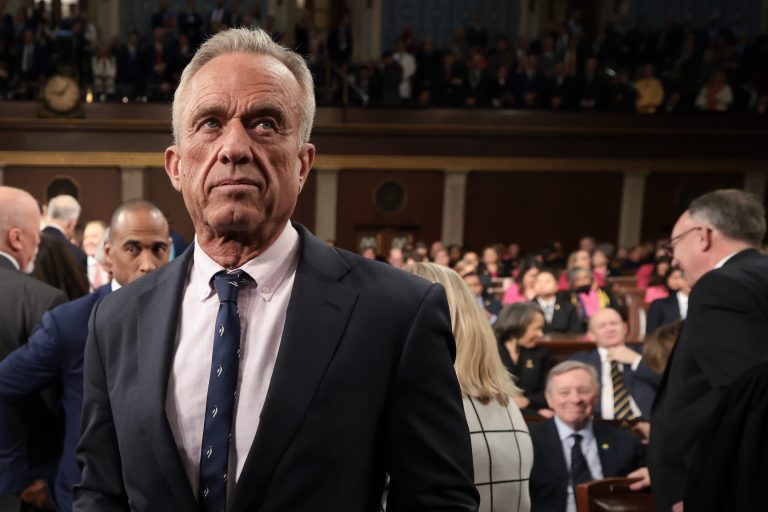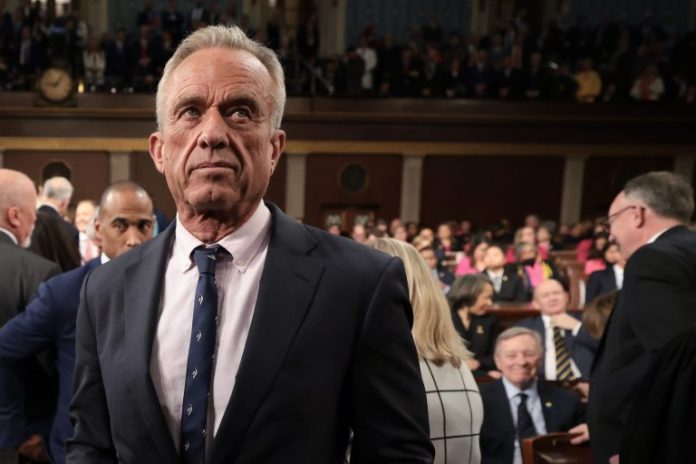In the midst of political drama and policy reversals that have defined Donald Trump’s second presidency, there’s one area where the damage is undeniably real—America’s public health system. While headlines focus on tariffs, lawsuits, and labor disputes, the erosion of federal health infrastructure continues quietly, yet with potentially devastating consequences.
Since Trump returned to office, significant staffing cuts and funding rollbacks have hit the U.S. Department of Health and Human Services (HHS) and the Centers for Disease Control and Prevention (CDC). Experts say the consequences won’t just be short-term—they could unravel decades of progress in disease prevention, scientific research, and healthcare delivery.
Ursula Bauer, a former CDC executive, warns, “What concerns me the most is how difficult the rebuild is going to be once things finally turn around.” According to her, the mass exit of top researchers and health professionals will take generations to replace.
A massive 25% reduction in HHS staffing—20,000 positions in total—has left crucial roles unfilled, halting vital research and emergency response work. While HHS Secretary Robert F. Kennedy Jr. admitted that up to 20% of those dismissals were mistakenly executed and are now under review for reinstatement, the damage may already be irreversible. Some departments, like the CDC’s Office on Smoking and Health, have been gutted, risking a resurgence of tobacco-related diseases.
Researchers across the country are feeling the impact. At Rockefeller University, a critical five-year project aimed at creating advanced vaccines was abruptly defunded in its final stretch. “We were blindsided,” says Professor Paul Bieniasz. “This kind of instability is pushing young scientists and international talent away from the U.S.”
It’s not just about lab coats and test tubes. Local health departments are already struggling to contain measles outbreaks, worsened by the lack of federal support. Surveillance, addiction services, and disease tracking—once funded by emergency COVID-era grants—are all being scaled back or frozen entirely.

Even worse, the administration’s policies are sending a message: science is no longer a priority. Over 2,000 U.S. scientists have co-signed a letter warning of a “climate of fear,” accusing the government of stifling research that doesn’t align with its agenda.
Angela Rasmussen, a virologist at the University of Saskatchewan, puts it bluntly: “This isn’t just restructuring—it’s dismantling.” She warns that without immediate course correction, the U.S. will lose its ability to respond to health crises and maintain its scientific edge.
While Kennedy has expressed intentions to “make America healthy again,” critics argue that realigning HHS with its “core mission” should not come at the cost of lives, innovation, and national security.
In a time when global competitors like China are investing heavily in biotech and healthcare, America’s retreat from science could have far-reaching consequences—not just for the next few years, but for generations to come.



